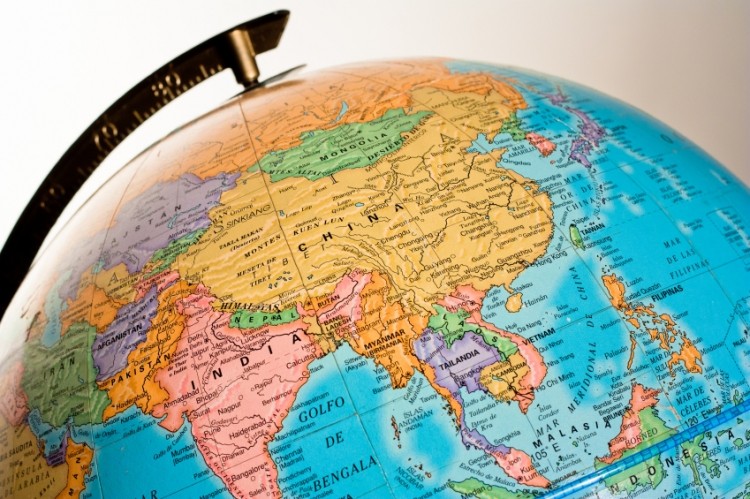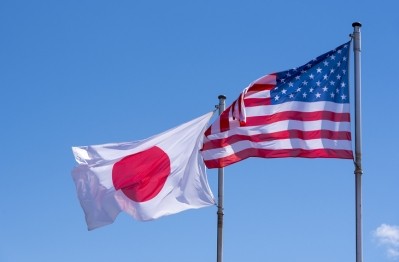Feed industry needs to cheerlead for trade

Trade with countries in the Asian-Pacific region remains important for feed and agricultural producers, and the industry needs to share that information with policymakers, said Wendy Cutler, former acting deputy US trade representative and VP of the Asia Society Policy Institute.
The group released a report on trade options and opportunities in Asia-Pacific in March. Cutler was a co-author of that project.
Despite recent policy steps in the US, like the withdrawal from the Trans-Pacific Partnership (TPP), there are still ways the feed industry can support efforts to improve trade relations, she said. “I believe that it’s critical that those who benefit from free trade, like the feed industry, publicize the benefits of open markets in concrete terms,” she added.
“To overcome misguided sentiments of anti-trade and anti-globalization, these explanations must go beyond macroeconomic projections and bottom lines,” she told FeedNavigator. “Rather, supporters must communicate trade’s benefits in concrete terms that are meaningful to the everyday concerns of ordinary people and businesses—trade spurs growth, opens markets, and creates jobs.”
The message was echoed in a talk last week by Dave MacLennan, CEO of Cargill, at the Financial Times global commodities summit. He stressed, at that time, that the industry needs to help rebuild trust in trade.
Steps to strengthen trade
As anti-globalization efforts continue in several areas, people in the US and other countries are starting to question the role that trade plays, said Kevin Rudd, president of the Asia Society Policy Institute in the report. But trade, he said, has remained a driver of global growth, stability and international communication.
"Just because the US is now less supportive of trade and globalization does not mean that the rest of the world will follow suit. Those who do not participate in trade liberalization and the pursuant reforms are likely to be left by the wayside.”
If steps toward national protectionism and isolation continue, it could lead the Asia-Pacific region to become less open and potentially alter regional economic and security balances, he said. However, there is an opportunity to plan a better route.
In the report, the authors also set a series of actions that could expand or stabilize trade with countries in the Asia-Pacific region, including the proposal that counties pursue trade agreements that maintain some of the standards agreed under TPP or they seek to improve standards in the Regional Comprehensive Economic Partnership or they assess options for “liberalization” by addressing emerging trade issues.
“In addition, the feed industry is well-positioned to highlight the costs of the US sitting on the sidelines while other countries conclude trade deals among themselves that will disadvantage US firms and workers,” said Cutler.
The group behind the report is seeking to work with policymakers in the US and several other involved countries including Korea, Japan, Indonesia, the Philippines and China as they plan for economic engagement in Asia, she said. “With trade and globalization under attack, it’s now more important than ever for advocates of regional economic engagement and integration to step up and contribute to the public discourse,” she added.
Cargill action
The institute is not the only group pushing for trade, or advocating for the role that the feed industry can play. In his talk, MacLennan outlined steps that could be taken to strengthen interest or trust in trade moving forward.
A better job needs to be done explaining the benefit of trade to people outside of the specific area covered, he said. The industry also needs to help show how trade leads to jobs and economic growth, which may mean explaining factors like how many industries are supported through trade and what role free trade agreements have played.
“Today, one in every 10 acres on American farms is planted to support exports to Canada and Mexico,” he said. “We have seen US agricultural exports to both countries grow from nearly USD $9bn when NAFTA was signed in the 90s to nearly USD $39bn in 2015. Food and agricultural production and exports also support more than 17m full- and part-time jobs in the agricultural sector, employing workers from coast to coast.”
Additionally, Cargill has committed to act as an advocate in trade agreement discussions and support a rules-based trading system, he said. It also will work to improve educational opportunities for workforce members and students.












